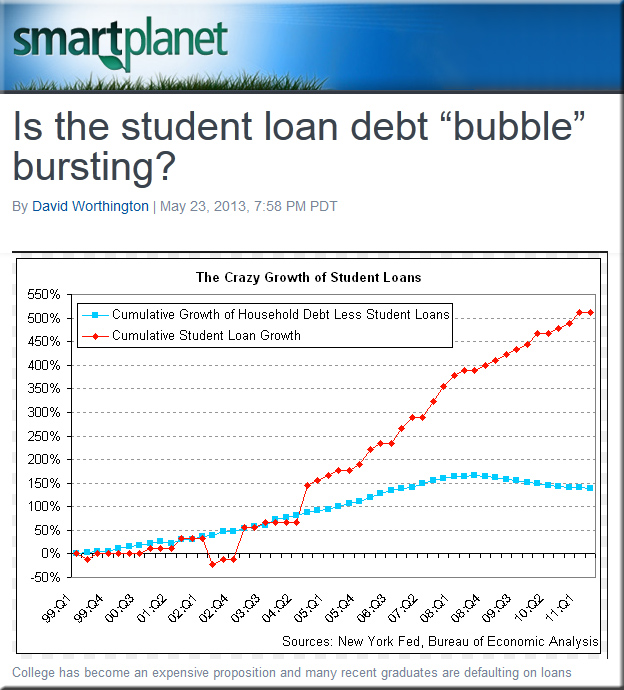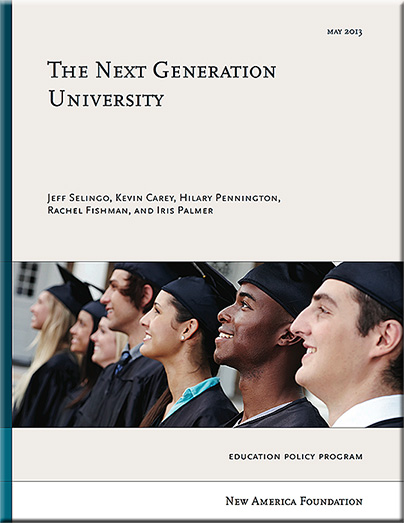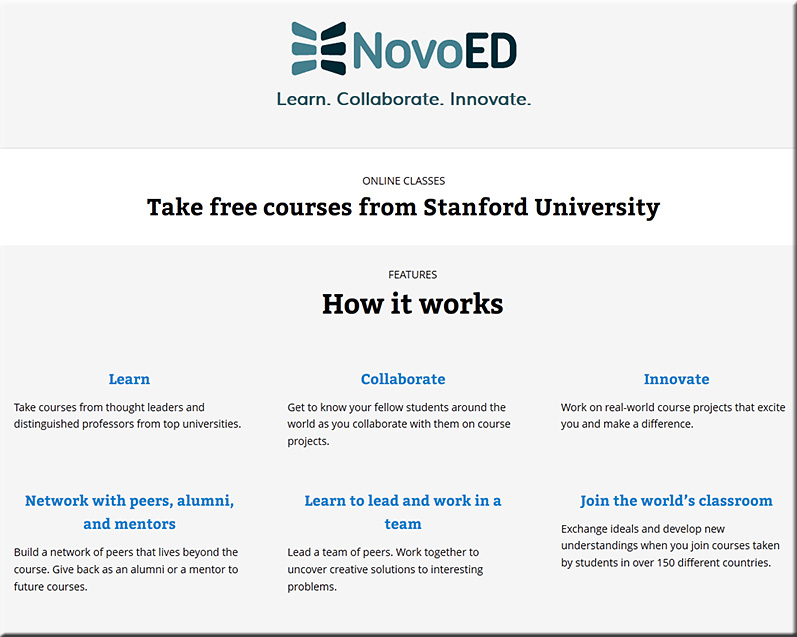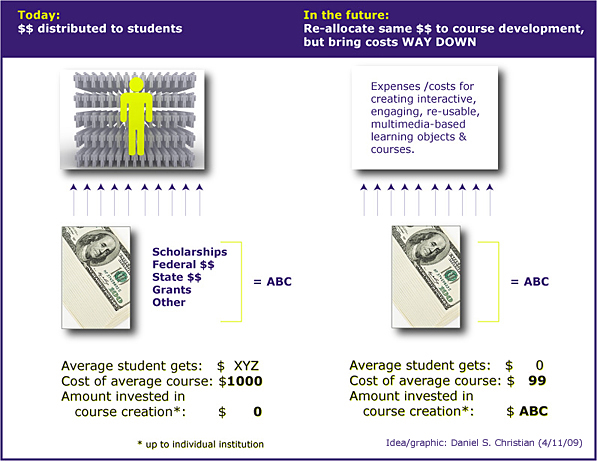Online education for the pros: Udemy launches corporate training tools — from venturebeat.com by Christina Farr
Excerpt:
Online course providers typically target students, but Udemy is going after an underserved group: professionals.
Also, from Learning TRENDS by Elliott Masie – April 18, 2013
#768 – Updates on Learning, Business & Technology
55,949 Readers – www.masie.com – twitter: emasie – The MASIE Center.
Host: TeleWork 2013 – A National Forum – www.telework2013.com
1. MOOC’s & Corporate Learning?
There is a great media interest in MOOC’s – the innovations for Massive Open Online Courses – where one instructor runs a course for thousands or tens of thousands of learners. I have been a student in three MOOC’s and a teacher/facilitator in three. Now, we are hearing from many learning colleagues about the applicability of the MOOC to workplace learning.
I would urge TRENDS readers to approach MOOC’s as important beta/lab experiments – where important and cool innovations are emerging in the construction, delivery and economics of educational “packages”. My experience as a MOOC learner has been exciting and mixed. While there were over 70,000 learners in one program – very few made it to the end of the program – and fewer were fully successful from a competency point of view. It was exciting to see how learners could be co-designers of the program and many resources were developed and disseminated from the learners. Finally, there were mixed models of how well the social/collaborative side of the MOOC’s worked.
As a teacher – I struggled with the format shifts reflected by MOOC’s. Were the assignments suggestions or could I predict a level of engagement of the learners. Was the content that was posted by learners legal – some added video that wasn’t within their IP ownership. And, the issue of fees were also interesting. A free MOOC will get high starts but perhaps high drop offs. When fees were added, did that take away the “open” label. It is also interesting to see colleges and universities that have never made a profit on classroom offerings think they will generate good margins by adding MOOC’s to their offerings.
It is early and really too early to predict how MOOC’s might evolve within the corporate world. I have been advocating that we take each of the letters as distinct areas for innovation:
– M: Massive dissemination of content
– O: Open content and content reuse along with curation by learners.
– O: Online resources added to both 1 mode and mixed/blended mode delivery.
– C: Course? Perhaps the MOOC might become a MOOP (Program) or MOOA (Assets)
And, is there a Competency check assumed in a MOOC – as well as certification or even college credit?
MOOC’s are important innovations. Now, we need to label them as Lab or Beta tests – and gather evidence as we experiment with the use of all or some of MOOC’s elements in corporate settings. We will be experimenting with the MOOC as a corporate model in an upcoming Learning LAB of our Learning CONSORTIUM. Interested in hearing from TRENDS readers exploring MOOC’s in our world.
The College of 2020
If #HigherEd stays way it is, w/ 19th century style lectures, w/in 10 years Google U. and Walt Disney U. to take it over – Wim Westera
Addendum on 4/19/13:
Bridging the Skills Gap — from trainingmag.com by Lorri Freifeld
Employers want certain skills. Employees don’t have them. Why? And what can organizations and Training, employees, and the educational system do to eliminate the disconnect?
Excerpt:
With the U.S. unemployment rate hovering around 8 percent and millions of people desperately looking for jobs, why are many employers claiming they can’t fill their vacant positions?
The answer: A skills gap that threatens the sustainability of businesses around the world. And while a big part of the skills gap is a shortage of people skilled in the STEM (science, technology, education, and math) industries, there also is a gap in soft skills such as communication and advanced leadership skills.
…
What is causing these skills gaps? What can—and should—employers and their Training departments, employees, and the education system be doing differently? This first article in a five-part series will address these questions. Subsequent articles will explore how corporate partnerships with colleges and universities can help bridge the divide (May/June), how to motivate employees to take advantage of skills gap training and eliminate any sense of promotion entitlement (July/August), how technology can help (September/October), and additional potential solutions and strategies for success (November/December).
.
From DSC:
We had better start talking STEAM not STEM from here on out (i.e. add the ARTS!). You can’t get creative thinkers without fostering some creativity.














